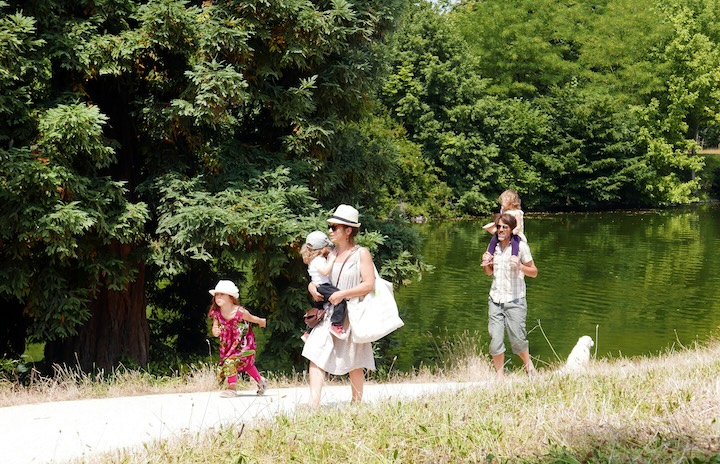What is a Wholesome Culture?
by CAPP-USA

A wholesome culture is one built on God and human dignity.
What Defines a Wholesome Culture?
Wholesome is defined as “indicative of good health or well-being”.
As to culture, Pope St. John Paul II elevated culture in Catholic social teaching to be the third, and preeminent, structure of society – joining government and economics. Why? Because “Man is understood in a more complete way when he is situated within the sphere of culture through his language, history, and the position he takes towards the fundamental events of life, such as birth, love, work and death.” (Centesimus Annus, 24)
So, a wholesome culture is one that promotes well-being. And not just physical, mental or financial well-being. “[A]uthentic human development concerns the whole of the person in every single dimension.” (Pope Benedict XVI, 11)
“At the heart of every culture lies the attitude man takes to the greatest mystery: the mystery of God. Different cultures are basically different ways of facing the question of the meaning of personal existence.” (Pope St. John Paul II, 24)
Do we have a wholesome culture?
A Wholesome Culture Would Not Be in Crisis
Catholic social teaching makes a strong case that the culture in the United States is NOT wholesome.
Our fragmented culture finds many alienated, depressed, and selfish people. People who do not care for the environment, the next generation, each other, or even themselves.
Pope Benedict XVI called our culture’s secular mindset (which assumes truth and morality are subjective), the “dictatorship of relativism”.
He warned that without God at the heart of culture, “public life is sapped of its motivation and politics takes on a domineering and aggressive character. Human rights risk being ignored”. (Caritas in Veritate, 56)
“As Saint John XXIII wrote: ‘There is nothing human about a society based on relationships of power…it proves oppressive and restrictive.’” (Pope Francis, 8)
Without the Truth, culture becomes about power, and we see this playing out in an increasingly tribal and divisive society. Hardly wholesome.
We are a culture in crisis where “human beings are themselves considered consumer goods to be used and then discarded. We have created a ‘throw away’ culture which is now spreading…The excluded are not the ‘exploited’ but the outcast, the ‘leftovers’.” (Pope Francis, 53)
What Does a Wholesome Culture Require?
Firstly, a wholesome culture requires God. “Man remains above all a being who seeks the truth and strives to live in that truth…From this…the culture of a nation derives its character.” (Pope St. John Paul II, 51)
Culture “must not be understood solely in economic terms, but in a way that is fully human.” (Pope St. John Paul II, 29)
A wholesome culture requires religious freedom. “Freedom…demands the courage to engage in civic life and to bring one’s deepest beliefs and values to reasoned public debate.” (Pope Benedict XVI)
A wholesome culture requires the family, “founded on marriage…the mutual gift of self by husband and wife“. (Pope St. John Paul II, 39) Yet rising divorce rates, the normalization of cohabitation, and advocacy for same-sex marriages erode the “fundamental cell of society”. (Pope Francis, 66)
Abortion, euthanasia, and assisted suicide are part of a “culture of death”. A wholesome culture promotes and defends the dignity of human life. The dignity of the human person is the prime principle of Catholic social teaching.
We must throw off the yoke of materialism and consumerism. “[P]olitics and economy cannot be reduced to mere technical know-how bereft of ideals and unconcerned with the transcendent dimension of man…” (Pope Francis, 10)
Finally, our culture requires solidarity and subsidiarity.





